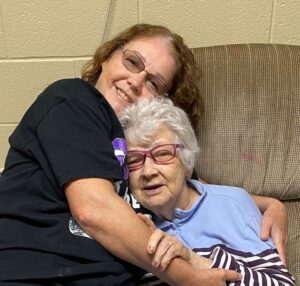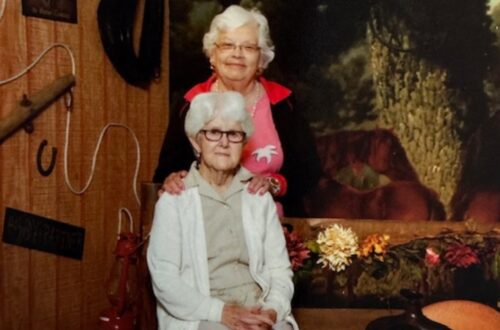
The Dr. Said ‘Dementia’: Essential Next Steps for Patients and Caregivers
Hearing the word "dementia" from your doctor can be overwhelming. Your mind races with questions: Is there a cure? How will this affect our lives? What can be done to slow it down? It's natural to feel lost with so many unanswered questions, but you're not alone.
Understanding Dementia
First, know that dementia is a broad term that encompasses various diseases, including Alzheimer's, Dementia, Parkinson's and more. While there is currently no cure for most types, understanding your specific diagnosis can help you and your loved ones prepare for the journey ahead.
Let me help first with some basics.
Dementia is terminal in all forms except one, which is termed Reversible Dementia. More on that at a later date. Dementia is an umbrella term covering many separate diseases, including:
- Alzheimer's,
- Vascular dementia,
- Frontotemporal Dementia,
- Lewy Body Dementia,
- Parkinson's and more.
There are some similarities between them, and research shows that many people have mixed dementia, which is a blend of several types. Dementia can be challenging to diagnose due to the wide variety of symptoms. A PET scan, CT, or MRI test lets us see what's happening in the brain. Your doctor will likely have completed at least one of these specialized tests before rendering their diagnosis.
Immediate Steps to Take
Here are some practical steps to help you navigate this challenging time:
1. Consult a Specialist:
Seek out a neurologist or a geriatrician specializing in dementia. They can provide a more precise diagnosis, explain what to expect, and discuss treatment options.
For a list of what they treat, go here.
2. Stay Active:
Physical activity benefits your body and can help maintain cognitive function. Regular exercise can improve mood, heart health, and overall well-being.
3. Follow a Healthy Diet:
A diet rich in fruits, vegetables, and whole grains is beneficial. According to Harvard Health, such a diet may lower the risk of developing Mild Cognitive Impairment (MCI) and slow the progression of dementia.
4. Maintain Social Connections:
Continue to engage in activities you enjoy, spend time with loved ones, and stay socially active. Isolation can worsen symptoms and diminish quality of life.
5. Plan for the Future:
Begin legal, financial, and long-term care planning. Appoint a Power of Attorney for both medical and financial decisions. Consulting an elder law attorney can help ensure your affairs are in order. National Academy of Elder Law Attorneys can assist you.
6. Use Memory Aids:
Simple tools like notepads, sticky notes, pill organizers, and calendars can help manage daily tasks and appointments.
7. Discuss Support Needs with Family and Friends:
Coordinate with loved ones to help with medical visits, transportation, meals, and other daily tasks.
Moving Forward
Dementia is a difficult diagnosis, but it’s not the end. There is still joy to be found in life, and with the proper support, you can navigate this journey with hope and dignity.
I've walked this path multiple times and can help you feel more confident in managing your situation.
If you want to stay in your home as long as possible, read this to set yourself up for success.
God bless you on your journey! Life is NOT OVER; there is still much joy to be had.
If you are a caregiver needing practical tips and solutions, I wrote a book just for you. If you'd like to talk to someone who's been there three times and then became certified after two loved ones passed away, book a complimentary call with me. I guarantee you'll leave feeling better about your situation and likely with resources in hand too.
Be blessed!
Debbie @ The Purple Vine





